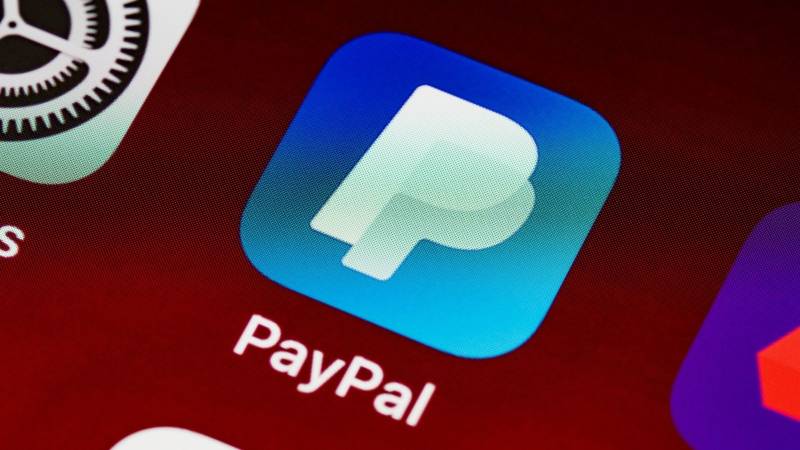
Why is Your PayPal Account Limited? | Is Processing Payments with PayPal Holding You Back?
- Guest Posts
- July 22, 2021
Literally, right this second there is an uncountable number of people dealing with PayPal placing limits on their accounts. It can happen at any time, and to anyone — no matter how legitimate a person or their transactions are.
Today, we’re going to talk about this subject on the ‘merchant’ or the ‘seller’ side of things. So, if you find that the payments you’ve received are placed on hold or, even, your account terminated after accepting a payment from a customer, we’re talking to you.
Unfortunately, this is a very real risk while using PayPal as your payment processor — or payment aggregator, as it should truly be called. There are other, safer alternatives out there though, and we’ll go through those at the end of this article, so make sure to stick around.
For now, let’s talk about how you can resolve the limits that PayPal has placed on your account and what you can do to get your money back:
Why is Your PayPal Account Limited?
There are two ways that you find out that your account has been limited by PayPal. You either receive an email (on the email that you used to register your PayPal account, that is) with a warning, or you’ll manually discover it on the notification board of your PayPal account.
A PayPal ‘Limited’ account is exactly that, it’s an account that’s been ‘limited.’ The effects of these account limitations may differ based on your ‘offense’ (i.e., withdrawal limitations if PayPal notices a discrepancy between the account info you provided them versus your bank info).
Reasons why PayPal may have restricted your account include:
- Suspicious PayPal account activity (e.g., having more than one PayPal account)
- Suspicious activity as reported by someone else
- Transactions that PayPal considers ‘suspicious’ (e.g., high-ticket transactions)
- An unusually high number of chargebacks filed
- Interaction with an account that has been marked ‘suspicious’ by PayPal
- PayPal requires more personal, identifying information
- You received money from a country that PayPal has deemed high-risk
- Any perceived violation of PayPal’s terms of use (e.g., selling restricted items like weapons or prescription drugs)
How to Fix a Limited PayPal Account?
PayPal has a pretty thorough guide on how you can go about fixing any limitations that have been placed on your account on their website (which is regularly updated, so you can use it whenever you might need to).
The general rule of thumb, however, is to submit a request from PayPal directly through their Resolution Center. Once a request has been turned in, it usually takes around three business days, or less, according to PayPal, for them to get back to you.
Why is Using PayPal for Payment Processing Holding You or Your Business Back?
If you’re just sending or receiving money from friends and family, the 3-5 days wait time to get your PayPal limited account issues resolved may not be all that bad. Sure, it would be a pain, and it could, inevitably, make your life more difficult for a time.
But that’s a temporary thing. Easy enough to get fixed.
For a seller though, if you’re looking to really get your business going, any kind of delay can be incredibly damaging to you — never mind one that lasts for three to five days on average.
A lot of sellers are tempted to make use of PayPal despite this dangerous risk (or its alternatives like Stripe or Square), because of the fast setup and the convenience when it comes to integration. But, the reality is, there are horror stories being told of businesses stalling dead in their tracks because of these account limitations.
Platinum Payment Systems (PlatPay) a PayPal Alternative for Processing Payments
As we mentioned in the beginning, there are plenty of safer alternatives to PayPal when it comes to payment processing. Platinum Payment Systems (PlatPay), for example, is one that you may consider.
Unlike PayPal, you will have to undergo the whole underwriting process with PlatPay, but during that time period, you can rest assured that they’re learning your business from the inside out so that they are prepared for the type of activity that you regularly deal with (as well as the kind of activity that they can expect from you in the future.)
Unlike PayPal, you can also work far more closely with them, and be more prepared for any complications that may arise in the future. As is stated by the CEO of PlatPay, Jed Morley, who said this in an interview: “With PlatPay, things are different. You make a phone call, and you can be certain to get a real person on the other end of the line. Someone that has been in the payment industry for over a decade… We take the time to really understand the back end of your business. And we’re there for you to support you when things go off the rails.”